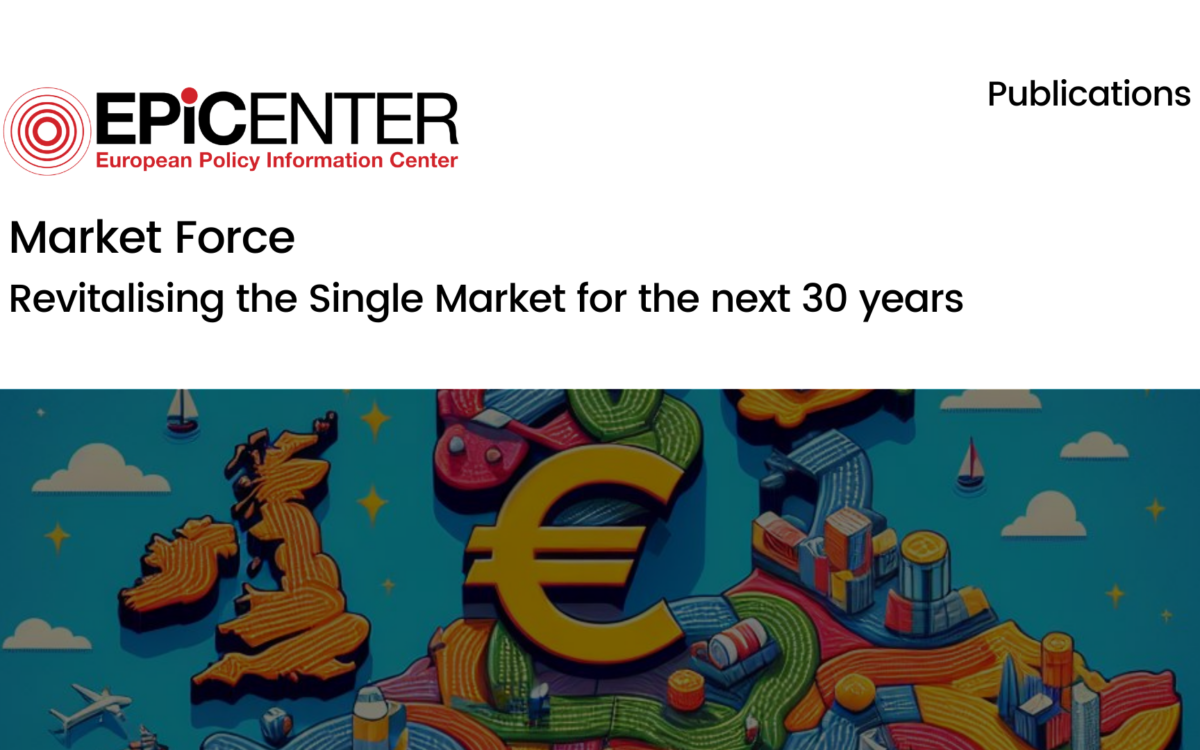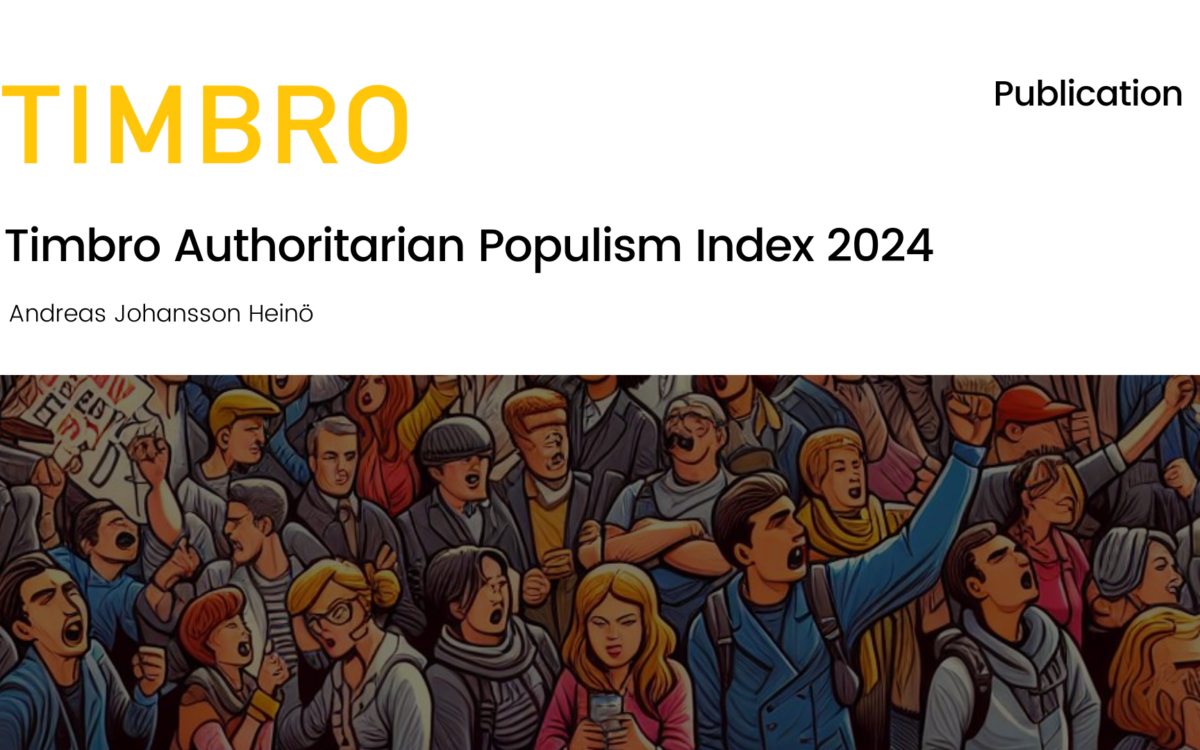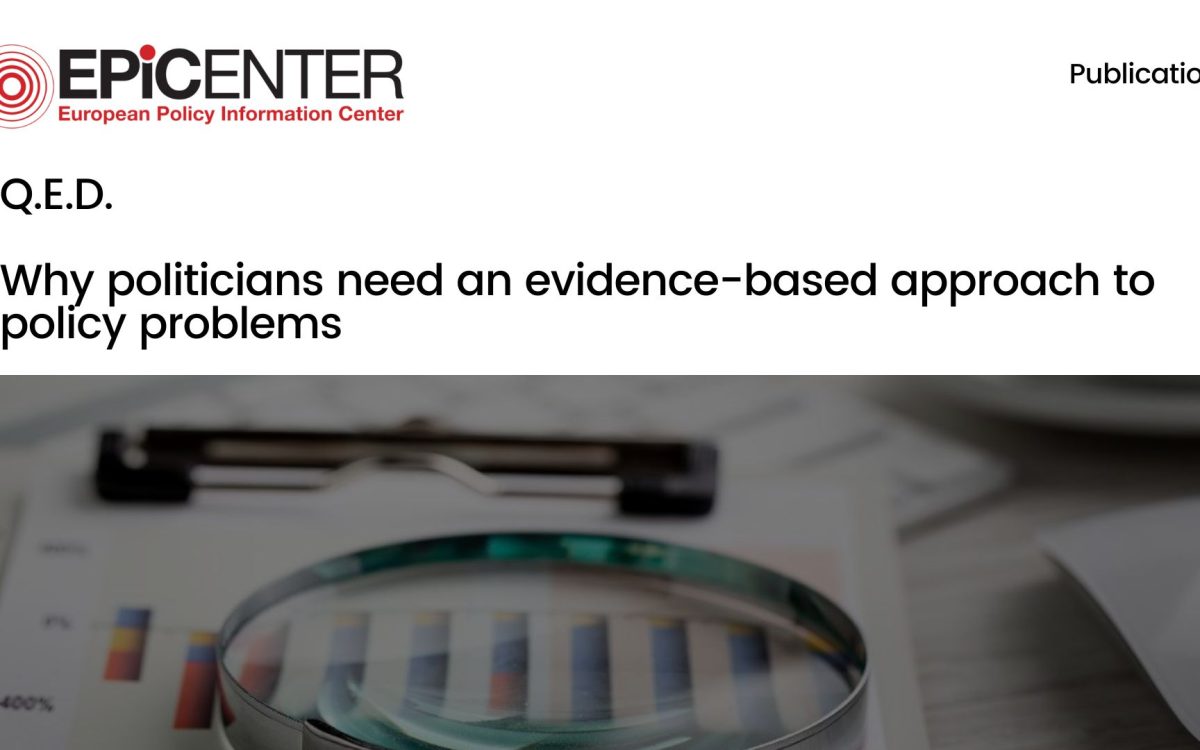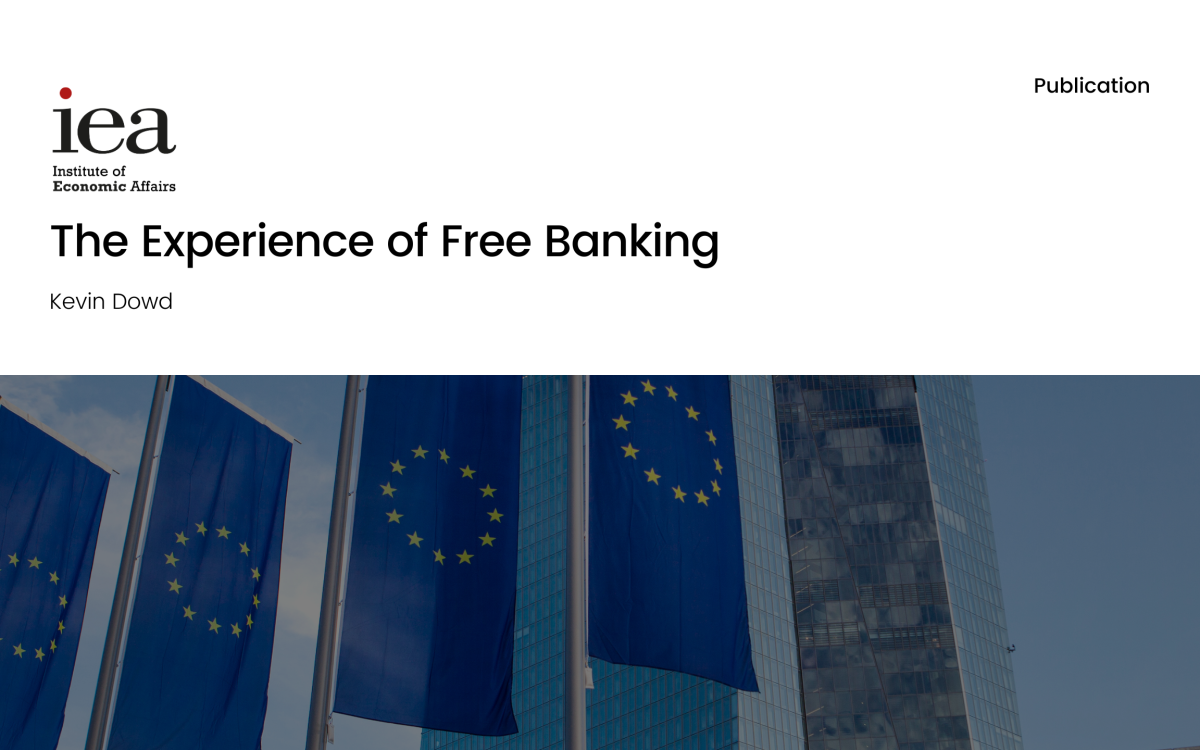Not Everyone’s Cup of Tea
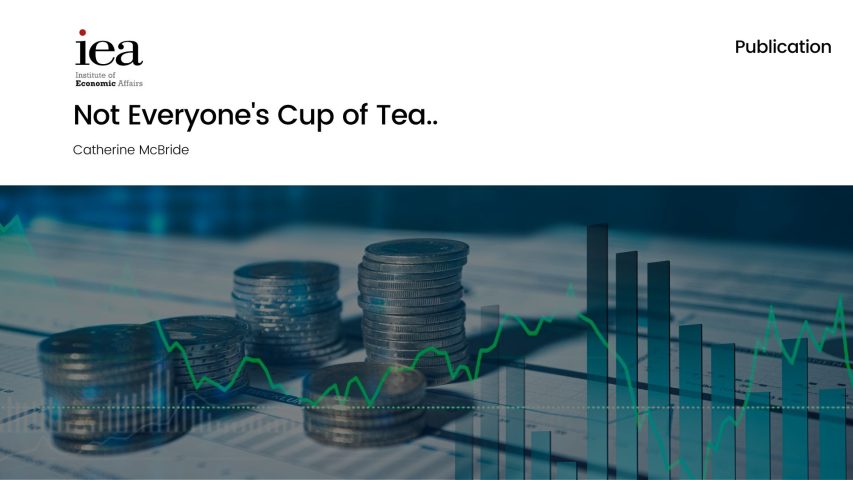
Not Everyone’s Cup of Tea
MiFID II, together with MiFIR (Regulation (EU) No 600/2014), was intended to create a more transparent, competitive and integrated financial market in the EU by reducing trading outside regulated markets, increasing protection for investors and consumers, and improving financial stability. The Directive harmonises the EU regulatory regime with respect to organisational requirements for investment firms, regulated markets, data reporting services and conduct of business rules for investment services, including inducements, disclosure requirements and product governance rules.
However, one year on, many practitioners’ initial fears about MiFID II appear to have been realised, especially with regard to unbundled research causing a reduction in the amount of research available on smaller companies. Fears that new firms would be discouraged from starting in the UK due to excessive EU regulation and their ‘gold plating’ by the UK government have also proved to be well founded. Gold plating was cited as a particular problem for new market entrants in the insurance industry.
Download or share this publication
View the PDF
EPICENTER publications and contributions from our member think tanks are designed to promote the discussion of economic issues and the role of markets in solving economic and social problems. As with all EPICENTER publications, the views expressed here are those of the author and not EPICENTER or its member think tanks (which have no corporate view).
